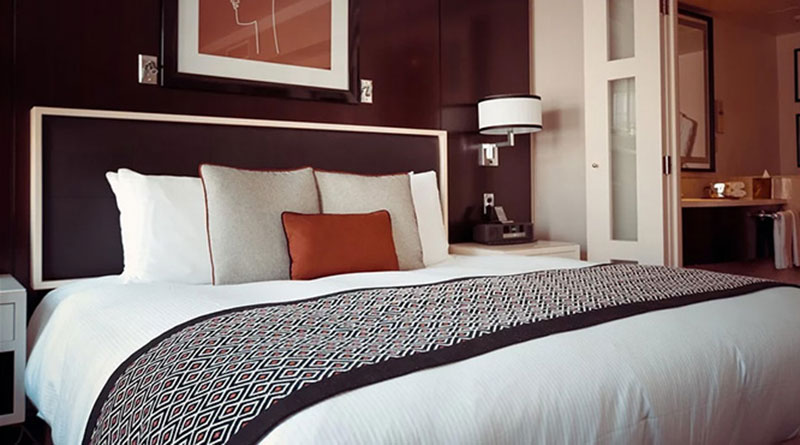Luxury Hotel Market Immune To Cost Of Living Cutbacks As Profits Soar

While the UK hotel sector ended 2023 on a high, new data shows this was largely driven by the luxury market with a spike in room rates and profits, according to the RSM Hotels Tracker: Focus on Asset Classes.
The data, which is compiled and produced by Hotstats and analysed by RSM UK, highlights that although consumers are continuing to feel the pinch and noticeably cutting back on luxury goods, they are still willing to spend on high-end hotels, showing experiences continue to come out on top.
Average room rates of UK luxury hotels jumped from £320.74 in November to £365.43 in December. The increase in the middle market and budget hotels was less stark, from £132.96 to £139.30 and from £95.90 to £97.08 respectively.
The increase in room rates also filtered through to the bottom line of UK luxury hotels, with gross operating profits per available room (GOP PAR) rising from £128.12 (November) to £152.74 (December). This was even greater in the London luxury market, with GOP PAR up from £173.00 to £208.34 in the same period. Cost pressures hit UK middle market and budget hotels, with GOP PAR down from £53.14 to £48.68 and from £34.21 to £29.78 respectively.
Although UK occupancy was down slightly month-on-month, following seasonal trends, it was up across the board when compared to December 2022 – from 62% (December 2022) to 69% (December 2023) for luxury hotels; from 67% to 70% for the middle market; and from 69% to 72% for budget hotels. Occupancy of luxury and budget hotels also exceeded pre-pandemic levels for the first time, at 68% and 70% respectively (December 2019).
Chris Tate, head of hotels and accommodation at RSM UK, said:
‘Overall it was a strong end to 2023 for the hotel industry, but it was quite a different story depending on the type of hotel. The luxury market emerged as the clear front runner, as strong demand over the Christmas period meant it could make hay while the sun shined. Despite more openings in the luxury market and therefore greater competition, it’s clear the demand is there and growing.
‘Household budgets continue to be squeezed and consumers seem to be prioritising luxury experiences over splashing out on luxury goods. Some savvier luxury retailers, such as Armani and Swiss watch brand Audemars Piguet, have spotted this window of opportunity and are diversifying their offering by venturing into the hotel and hospitality space.
‘Despite pockets of positivity, UK tourism is still not back to pre-pandemic levels, which is further compounded by the removal of tax-free shopping. But with the regime currently under review, hotels and various other UK businesses could be set for a significant boost.’
